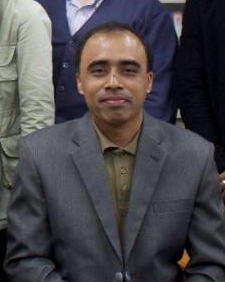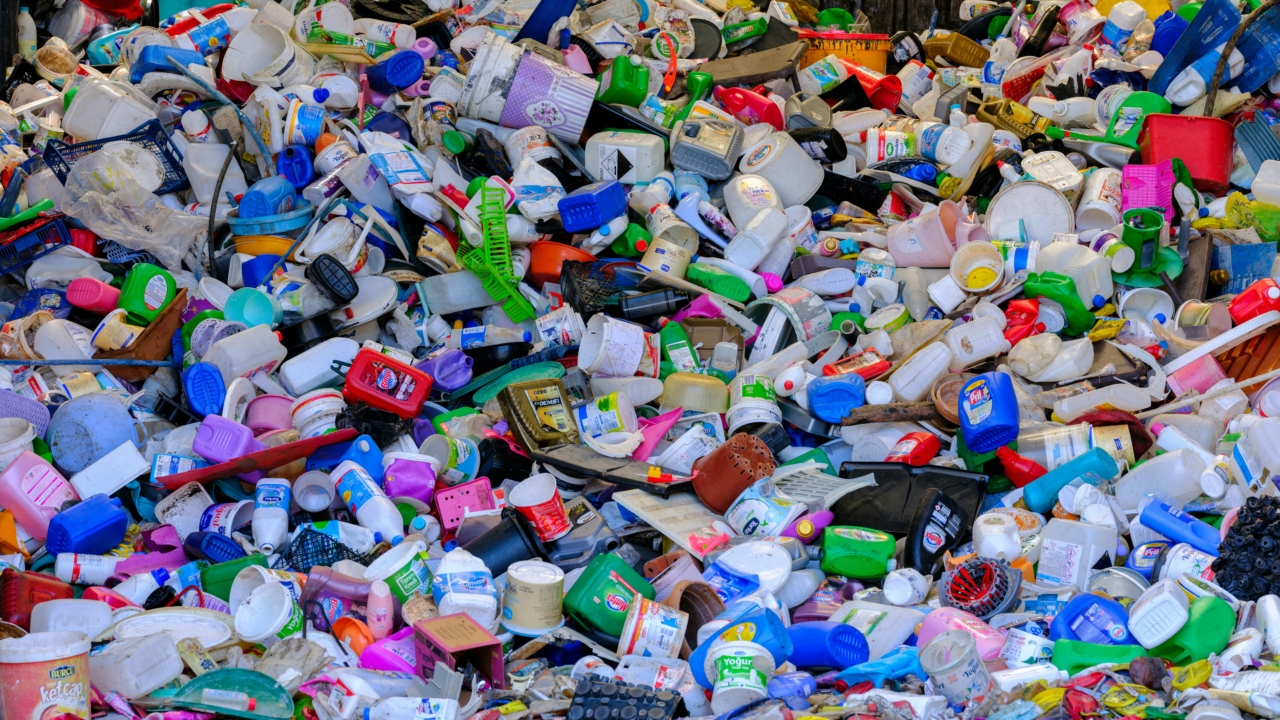Reducing Single Use Plastics
by Sanat Kumar Barua

Sanat Kumar Barua, SEA-AIR Interfaith Fellow, has written a brief inspired by the Second High-Level Buddhist and Muslim Leaders Summit held on November 21-22, 2019, in Cox’s Bazar, Bangladesh. The meeting reaffirmed commitment to Yogyakarta Statement of shared values and commitments to overcome extremism, advance societal peace with justice, is a guideline for intra-religious and inter-religious initiatives among Buddhist-Muslims across the region. The Brief provides an insight on how the Yogyakarta Statement can also inspire reducing of single-use plastics and other environmental actions.
South and Southeast Asia is one of the most religiously diverse regions in the world. Among its various problems, environmental issues for peace and sustainability are threatened. Under these conditions, joint efforts by Buddhist and Muslim communities with shared ethical, moral, and spiritual undergirding can collectively begin to address the issues.
Environmental ethics in Islam can be summarized as just three precepts: ‘Do what is right, Forbid what is wrong, and Act with moderation at the time.’ In Buddhism, human excessive Loba, Desha, Moha, i.e., greed, delusion, attachment are the main causes of suffering on our planet. The main issue in environmental degradation is due to climate change, i.e., global warming, soil-water-air pollution, biodiversity, ecosystem losses, and many more unethical human activities.
Throughout South, Southeast Asian countries like Bangladesh, Sri Lanka, Maldives, Philippines, and other countries people suffer from loss of homes and personal property, health hazards, increased violent conflicts, and the foregone income that accompanies climate change-induced disaster and instability. Thus, environmental issues cannot be separated from social justice.
Now, plastic products have become one of the major pollutants in this region. Plastic is inert and hard to degrade. So, it becomes a toxic techno-waste that has severe polluting effects on the earth’s biodiversity. National Geographic reports that plastic kills millions of marine and land animals every year. Experts have found that we are all consuming micro-plastics in the food supply, may cause damage to our digestive and reproductive systems and eventually lead to an early death.
Plastic products are expanding worldwide. A report says, plastic contributes to greenhouse gas at every stage of its lifecycle, from its production to refining and the way it is managed as a waste product. We produce over 320 million tones of plastic globally every year, almost half is single-use plastic, useful for minutes, then destined to pollute our planet and oceans for centuries. Its production must end now and find environment friendly alternatives.
A report from the summit’s host country shows, Bangladesh is the most populated Muslim country in South Asia, where about 170 million people live in 147,5070 square kilometers. It adds also 1.1 million Rohingya refugees to this population. Over-population causes the country to lose huge acres of natural forests and their resources for livelihoods.
Climate change causes natural disasters, health hazards, sea levels rising that ultimately cause mass internal migration, contamination of saltwater with groundwater, all of which deplete food production, damage natural mangrove forests, and cause many other climates injured incidents. This report mentioned that Bangladesh emits only 0.3% of the world emissions, but is suffering most due to the environmental crisis making it the most vulnerable country in the world.
Another report says, Bangladesh generates around 3,000 tons of plastic waste every day. 36% of plastic waste is formally recycled, 39% is dumped in landfills, and the remaining 25% leaks into the environment, eventually flowing to the Bay of Bangle through the rivers. 3,744 tons of single-use plastic is produced annually, approximately 80-85% are discarded being used only once. Single-use plastics include drinking straws, plastic cotton buds, sachets, food packaging, and plastic bags. It takes 10-200 years to decompose these types of single-use plastics.
Like Bangladesh, South-Southeast Asian countries people are suffering from plastic pollution. So, we appeal to the Buddhist-Muslim communities to raise massive faith-based approaches working for environmental peace and harmony. It is urgently necessary to reduce plastic products, especially single-use of plastics for environmental harmony.
Throughout South and Southeast Asia, Buddhist-Muslim leaders and other religious actors have wide-reaching influence. Here religion plays a central role in the daily lives of many people and in the broader social dynamics. Religious actors often utilize ‘value-based’ approaches which have the potential for wider application.
So, for a just peaceful South-Southeast Asia countries, we humbly request coming together through interfaith initiatives to address the complex and combined challenges of ‘Living Harmony with the Environment.’ We have an unlimited desire, yet few resources and the destruction we cause now will have a long term, everlasting effect.
And most of all, the environment isn’t only for us humans, but for all species on Earth. As we only have one mother Earth. We seek to encourage healing in a world struggling for equality, justice, and well-being. We shall continue in good faith as a sign of commitment to our religious teachings and shared love and compassion to all living beings.
Sanat Kumar Barua, Executive Committee member, International Network of Engaged Buddhist (INEB), General Secretary, Atisha Dipankar Peace Trust Bangladesh, and regional representative for Bangladesh for the Eco-Temple Community Development Project. e-mail: sanat.ads@gmail.com



